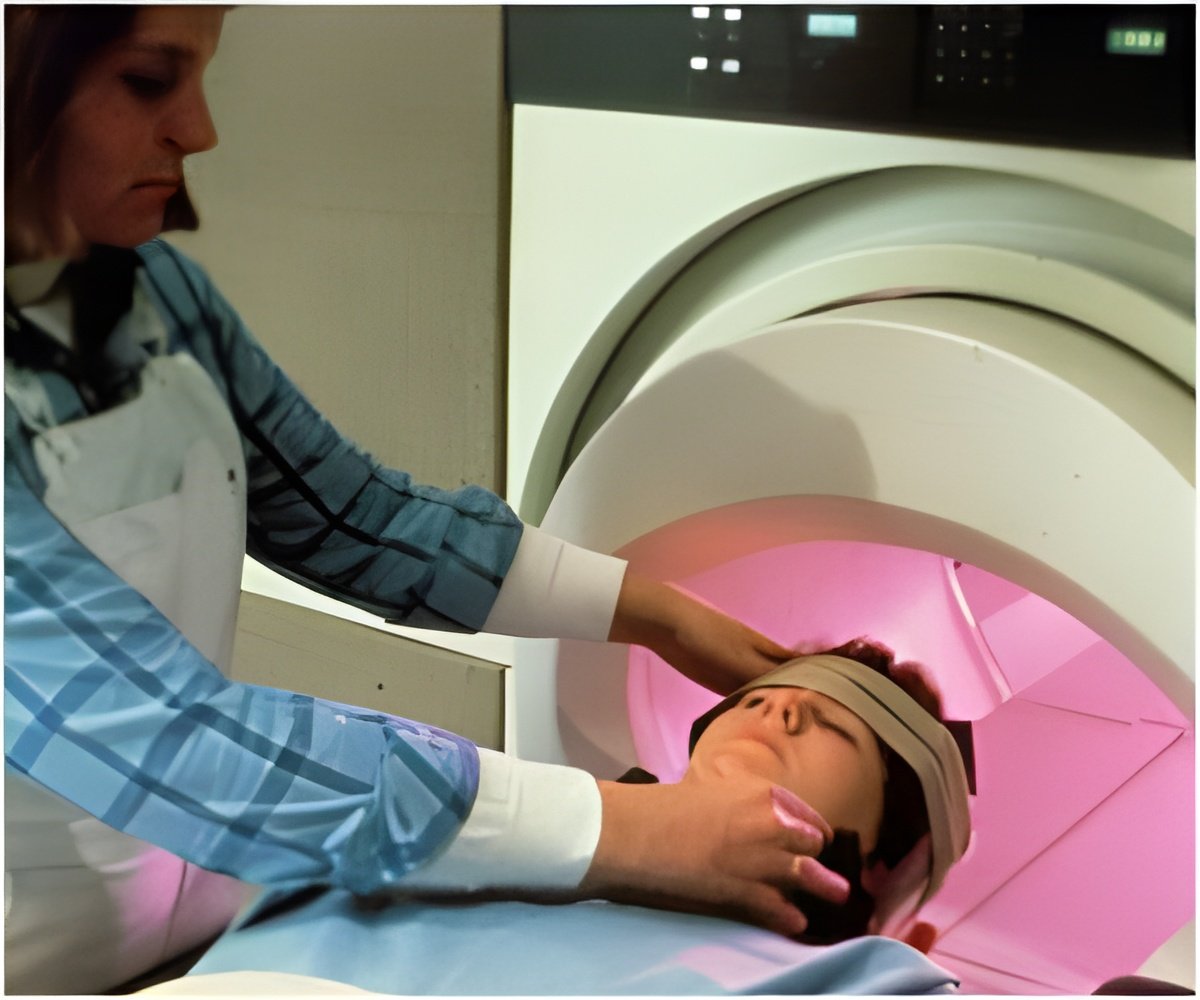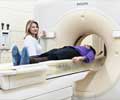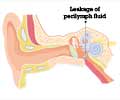
The study questions the need for routinely obtaining repeated CT scans in patients with mild head trauma. "The available evidence indicates that it is unnecessary to schedule a repeat CT scan after mild head injury when patients are unchanged or improving neurologically," according to the study by Dr. Saleh Almenawer and colleagues of McMaster University, Hamilton, Ont., Canada.
Are Repeated Scans Necessary after Mild Head Trauma? In a review of their hospital's trauma database, the researchers identified 445 adult patients with mild head injury who had evidence of intracranial hemorrhage (ICH)—bleeding within the brain—on an initial CT scan. In many trauma centers, it's standard practice to schedule a second CT scan within 24 hours after ICH is detected, to make sure that the bleeding has not progressed.
To evaluate the need for routine repeated scans, Dr. Almenawer and colleagues looked at how many patients needed surgery or other additional treatments, and whether the change in treatment was triggered by changes in the patients' neurological condition or based on the routine CT scan alone. (For patients whose neurological condition worsened, CT was performed immediately.)
Overall, 5.6 percent of the patients required a change in treatment after the second CT scan. Most of these patients underwent surgery (craniectomy) to relieve pressure on the brain. Nearly all patients who underwent further treatment developed neurological changes leading to immediate CT scanning.
Just two patients had a change in treatment based solely on routine repeated CT scans. Both of these patients received a drug (mannitol) to reduce intracranial pressure, rather than surgery
Advertisement
Bleeding within the brain is a potentially life-threatening condition, prompting routine repeated CT scans after even mild head injury. The researchers write, "Although CT scanners are very useful tools, in an era of diminishing resources and a need to justify medical costs, this practice needs to be evaluated." Each scan also exposes the patient to radiation, contributing to increased cancer risk.
Advertisement
Neurological examination is the "simple yet important" predictive factor leading to changes in treatment and guiding the need for repeat CT scanning after mild head injury, the researchers add. They emphasize that their findings don't necessarily apply to patients with more severe head injury.
Source-Eurekalert













